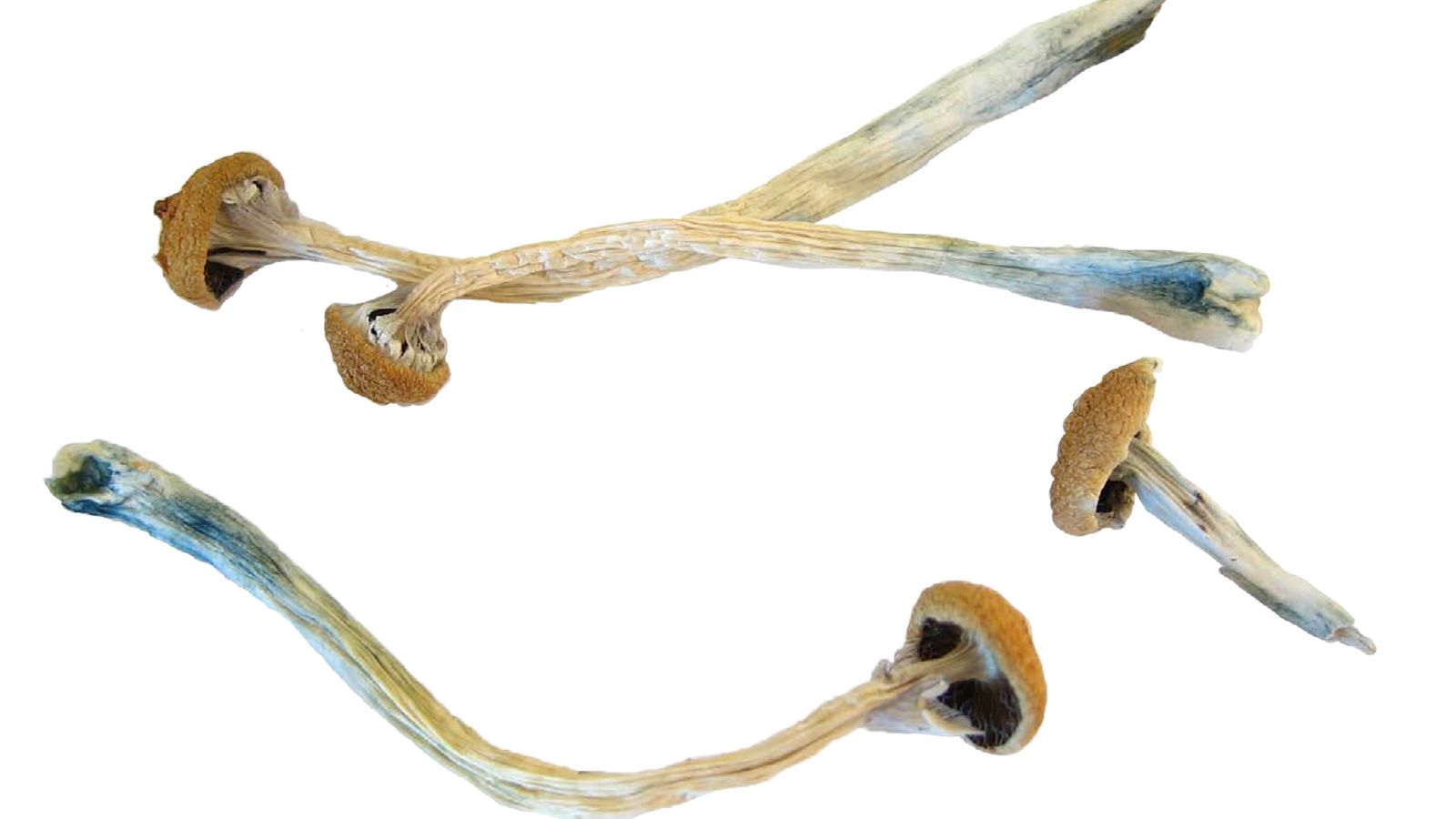A single dose of a hallucinogenic chemical found in magic mushrooms can dramatically reduce symptoms of intractable depression, according to the largest ever study of its kind.
Around a third of patients given a 25mg dose of a synthetic form of psilocybin, along with psychological support, were in remission three weeks later.
All had failed to respond to traditional antidepressant treatments.
In the international trial, 233 patients were allocated to one of three different doses of a manufactured psilocybin called COMP360.
They also had support from a therapist to prepare them for the six to eight-hour hallucinogenic ‘trip’, which was clinically supervised. A further session after drug treatment cemented the experience.
Results published in the New England Journal of Medicine showed that patients receiving 25mg of psilocybin, the highest dose in the study, had the greatest response, with a significant reduction in the severity of symptoms within a day of treatment.
There was still a clinical effect 12 weeks after the trip, though this was not statistically significant.
Outdoor swimming to treat depression to be trialled as alternative to drugs
‘No convincing evidence’ depression caused by low serotonin levels
Mental health: World faces a ‘global crisis’ over depression and treatment must change – report
Read more:
Outdoor swimming to treat depression to be trialled as alternative to drugs
World faces a ‘global crisis’ over depression
The manufacturers of the drug, COMPASS Pathways, will start a larger trial by the end of the year to confirm the durability of the effect and more precisely assess adverse reactions. More than seven out of 10 patients in the current study reported side effects such as nausea, dizziness and fatigue.
Professor Guy Goodwin, chief medical officer of the company and emeritus professor of psychiatry at the University of Oxford, said: “We saw positive results in a particularly difficult to treat group of patients, and the highest dose had the greatest impact on people’s depression.
“This suggests that COMP360 psilocybin has a true pharmacological effect, a finding that is critical for it to be recognised as a new treatment option in the future.”
‘Re-wiring the brain’
Scientists believe psilocybin ‘re-wires’ the brains of people locked-in to patterns of negative thinking in depression.
It’s a completely different mechanism of action to traditional antidepressants, which alter levels of the neurotransmitter serotonin in the brain.
Professor Anthony Cleare, professor of psychopharmacology at King’s College London, who wasn’t involved in the study, said the results were encouraging, but more research was needed before psilocybin could be used in normal clinical practice.
He said: “The effects did start to wear off by three months, and we need to know how best to prevent the depression returning. This might involve adding in other treatments, such as psychological therapies, or repeating the psilocybin treatment periodically.
“There is also concern that because of the relatively small number of patients studied so far, we don’t yet know enough about potential side effects, particularly whether some people may experience a worsening of some symptoms.”
Nadav Liam Modlin, a therapist in the study and a specialist in psychedelic psychotherapy at King’s College London, said patients given psilocybin enter a dream-like state that allows them insight to their situation.
He said: “To be able to sit with patients who sometimes for decades felt the burden of despair, trauma, shame, guilt, powerlessness, and ruminated over what is wrong with them… and then get to a place where they have a bit more flexibility in thinking – and that entails feelings of self-acceptance and self-compassion – it’s always quite moving.”
COMPASS Pathways says it has to manufacture a synthetic form of the psilocybin, rather than use an extract of magic mushrooms, to satisfy the requirements of medical regulators.







